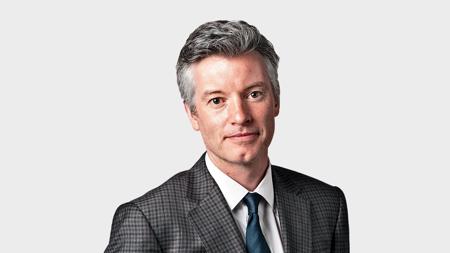
Rhys Blakely
The Times
This reporting has been key in bringing the issue of illegal “storm overflow” sewage spills to the notice of government, industry watchdogs and the public. This has had a profound impact: Ofwat and the Environment Agency announced in November 2021 that the issue would be the target of a “major” new investigation. In August 2022 the Department for Environment, Food & Rural Affairs unveiled a 28-year plan to tackle the problem. It will require water companies to make their largest ever environmental infrastructure investment - a £56 billion capital investment over 25 years.
Another article, that was published in the Saturday issue of the The Times, t looks at climate change and asks whether technological innovation can help us avoid a global catastrophe. I interviewed the world’s leading authority on “solar geo-engineeering” — Professor David Keith of Harvard University — as well as Dr David King, a former chief scientific adviser to the UK government and Myles Allen, an Oxford professor credited with being the first to recognise the need for "net zero" carbon emissions to halt global warming. The piece looks at the challenges and explores how ideas that once seemed outlandish - such as sucking carbon from the atmosphere - have now drifted into the mainstream.